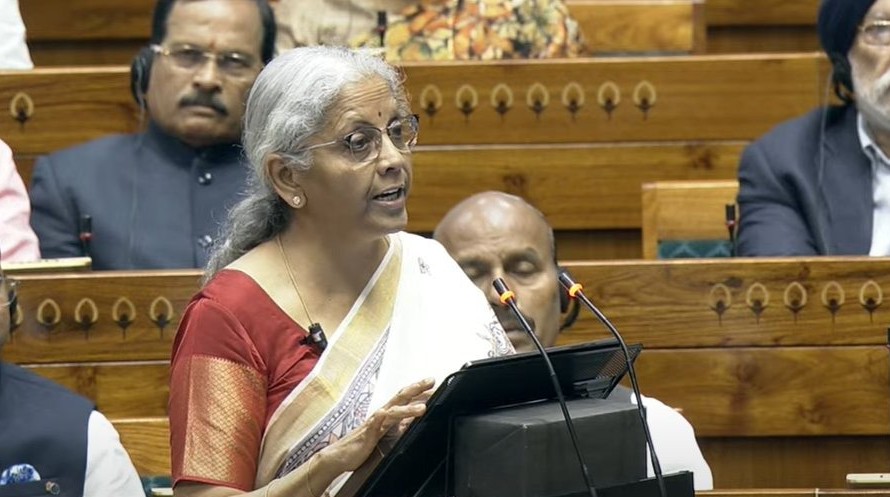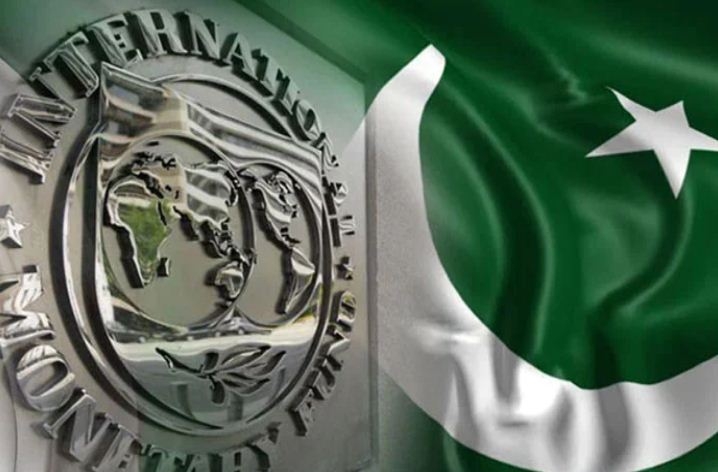The Survey pointed to research that shows how the shift in dietary practices to UPF items exposes people to a wide range of adverse health outcomes…reports Asian Lite News
Increasing consumption of ultra-processed foods (UPF) — rich in sugar, salt, and unsaturated fats and nutrient deficient — in India is leading to multiple chronic conditions and even mental health issues, according to the Economic Survey 2024-25.
The Economic Survey 2024-25, tabled in Parliament on Friday by Union Finance Minister Nirmala Sitharaman, also proposed a ‘health tax’ to reduce consumption.
“From sweetened breakfast cereals, soft drinks, and energy drinks to fried chicken and packaged cookies, ultra-processed foods have undeniably marked their formidable presence in everyday diet,” the Survey said.
The NOVA food classification system defines UPFs as ready-to-eat products characterised as industrial formulations composed of substances extracted from food. To enhance taste, these UPFs use additives such as preservatives, sweeteners, and emulsifiers.
“Convenience, hyper palatability, affordability, longer shelf life, and vigorous advertising and marketing strategies have made a conducive environment for the thriving business of UPFs in India,” the Survey said.
According to data from WHO India, between 2011 and 2021, the value of retail sales in the UPF segment grew at a CAGR of 13.7 per cent.
The Survey also pointed to research that shows how the shift in dietary practices to UPF items exposes people to a wide range of adverse health outcomes ranging from obesity, chronic inflammatory disorders, cardiovascular diseases, and mental disorders.
Being lower in fibre content, UPFs are observed to lead to weight gain and obesity in adults and children — which again is a precursor to many diseases.
The Survey cited how hyper palatability of food items and marketing strategies involving misleading advertisements and celebrity endorsements targeting consumer behaviour have boosted the UPF market in India. Often unhealthy packaged food items are advertised and marketed as healthy products.
“Misleading nutrition claims and information on UPFs need to be tackled and should be brought under the scanner,” said the Survey. It also stressed the need to set standards for permissible levels of salt and sugar and ensure checks for UPF brands to adhere to the regulations.
The Survey also proposed taxing the UPFs to reduce the consumption.
“A higher tax rate for UPFs may also be considered as a ‘health tax’ measure targeted specifically at brands/products that advertise.”
The Survey also recommended bringing awareness of the ill effects of UPF, and healthy food choices by making it a part of the school curriculum.
At the same time, it emphasised the need to promote local and seasonal fruits and vegetables and facilitate positive subsidies for healthy foods such as whole foods, millet, fruits, and vegetables.
ALSO READ: Air India to resume Tel Aviv flights from March 2













